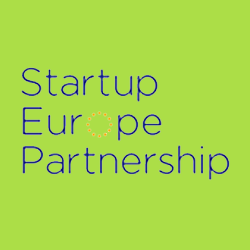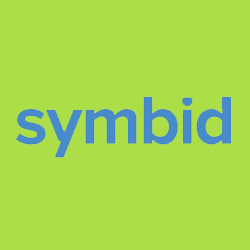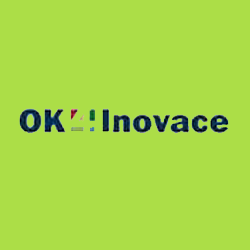Linking “facilitates” copyright infringement in the Netherlands
Dutch court ruled that a teacher by providing links on his website to infringing .pdf copies of answers to maths questions had facilitated infringement of copyright in the answers.
The .pdf copies had been illegally uploaded to the internet so it seems that the issue was not that linking to online material constitutes publication, but that linking to infringing content facilitates third party infringement.
This case raises three basic issues:
First, it is arguable that a solution to a maths problem is not sufficiently original to attract copyright in the first place. Indeed the teacher argued that as there is only one correct answer to a maths problem that answer should not be protected by copyright. The Dutch court held that whilst there might only be on solution to the problem, there are various ways of explaining how to solve the problem and therefore the answers were subject to copyright.
Second, making copies for personal use is permitted in the Netherlands, so the students were not infringing copyright by clicking on the links. This was deemed irrelevant by the court.
Third, should it matter, from a copyright perspective, whether the content being linked to is infringing or not? Surely if the content is infringing the infringing act lies with the person who uploaded the material rather than with the person who reads it?
Nonetheless, the court held that although linking does not in itself constitute copyright infringement, the links enabled others to infringe copyright, meaning that the publisher of the maths books suffered a direct loss due to the links to pirated copies. The fact that the teacher made no profit from the providing the links was not a defense. The teacher was therefore found to have facilitated copyright infringement and was ordered to remove the links from his website and to pay both parties costs.
Source: The 1709 Blog






